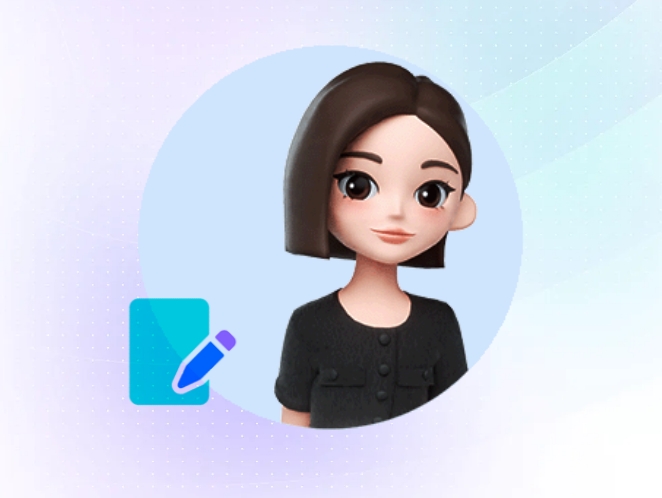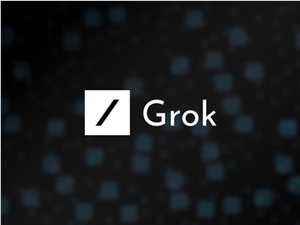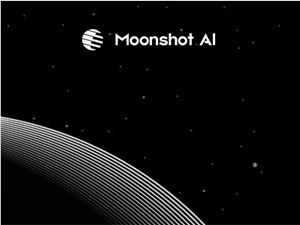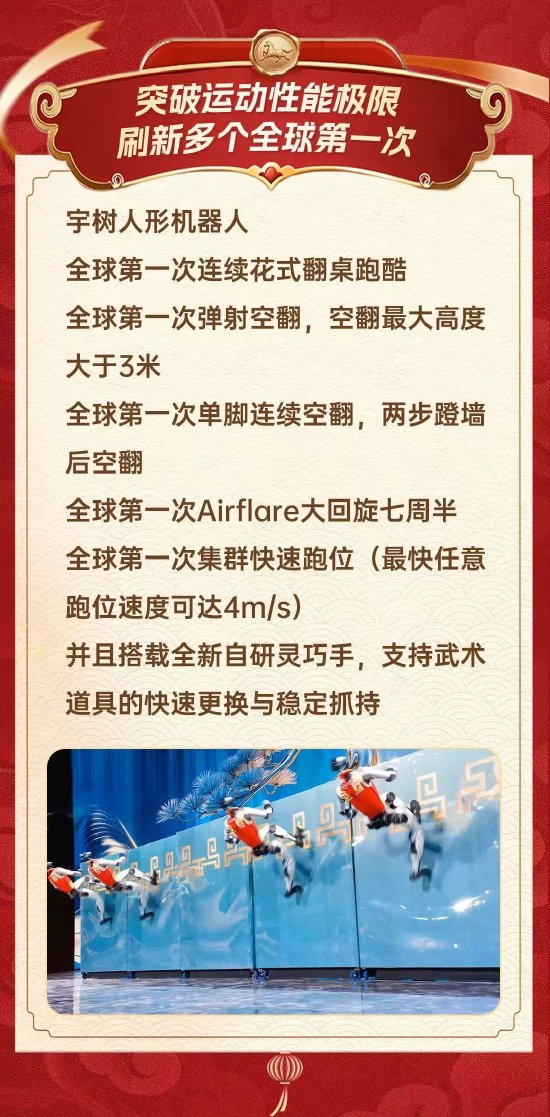Notion announced its first AI agent at the "Make with Notion" event on Thursday. This agent can use all of the user's Notion pages and databases as context to automatically generate meeting notes, analysis reports, competitor evaluations, and feedback pages.
This new AI agent is powerful, not only creating pages and databases, but also updating existing content with new data, properties, or views. Users can even trigger agent actions from external platforms connected to Notion. For example, you can ask the Notion AI agent to create a vulnerability tracking dashboard based on multiple sources such as Slack, email, and Google Drive.

The newly released agent is built upon Notion AI's existing features, which were previously mainly used for searching or summarizing content. However, the new agent can handle more complex multi-step tasks, fully utilizing the capabilities of agent AI. The company stated that the current version of the agent can perform tasks lasting up to 20 minutes and process hundreds of pages of content.
Personalization settings are one of the highlight features of this agent. Users can set up a "profile" page for the agent, guiding how it should cite sources, the output style, and where to update tasks and final results. You can also ask the agent to "remember" key points during your usage, and these memories will be stored in the profile page, which you can edit at any time.

From the demonstration video, it can be seen that the agent can provide feedback and update content for landing pages, create restaurant trackers, generate analysis reports from meeting notes, and prepare competitive analysis reports among other application scenarios.
Currently, users need to manually trigger these operations, but Notion said that the ability to create custom agents that work on schedules or triggers is coming soon. The company will also release an agent template library, allowing users to choose ready-made prompts suitable for their tasks.
In the past two years, Notion has launched a calendar app, Gmail client, meeting recording tool, and enterprise search function, gathering information from different sources. These features have provided the company with enough contextual building blocks to create automation features. Other enterprise knowledge and productivity platforms like Salesforce, Fireflies, and Read AI have also launched their own agents to extract and update information.

This release marks an important transformation for Notion from a simple document and database tool into a smart work assistant. The agent's ability to perform complex tasks across multiple pages and databases could significantly change the way users work.
However, the 20-minute task execution time limit and the current design requiring manual triggering show that this technology is still in a relatively early stage. With the launch of automatic triggering and scheduled execution functions, the practicality of agents will be greatly improved.
From a competitive perspective, Notion's move is a strong response to competitors like Microsoft Copilot and Google Workspace AI. By deeply integrating the user's personal knowledge base, Notion's agent may have a unique advantage in personalization and contextual understanding.
When productivity tools start to have intelligent decision-making capabilities, and when AI begins to understand users' work habits and preferences, the future of digital office work is being redefined. Notion's agent is not just a technological innovation, but could become an essential tool for knowledge workers to improve efficiency.










